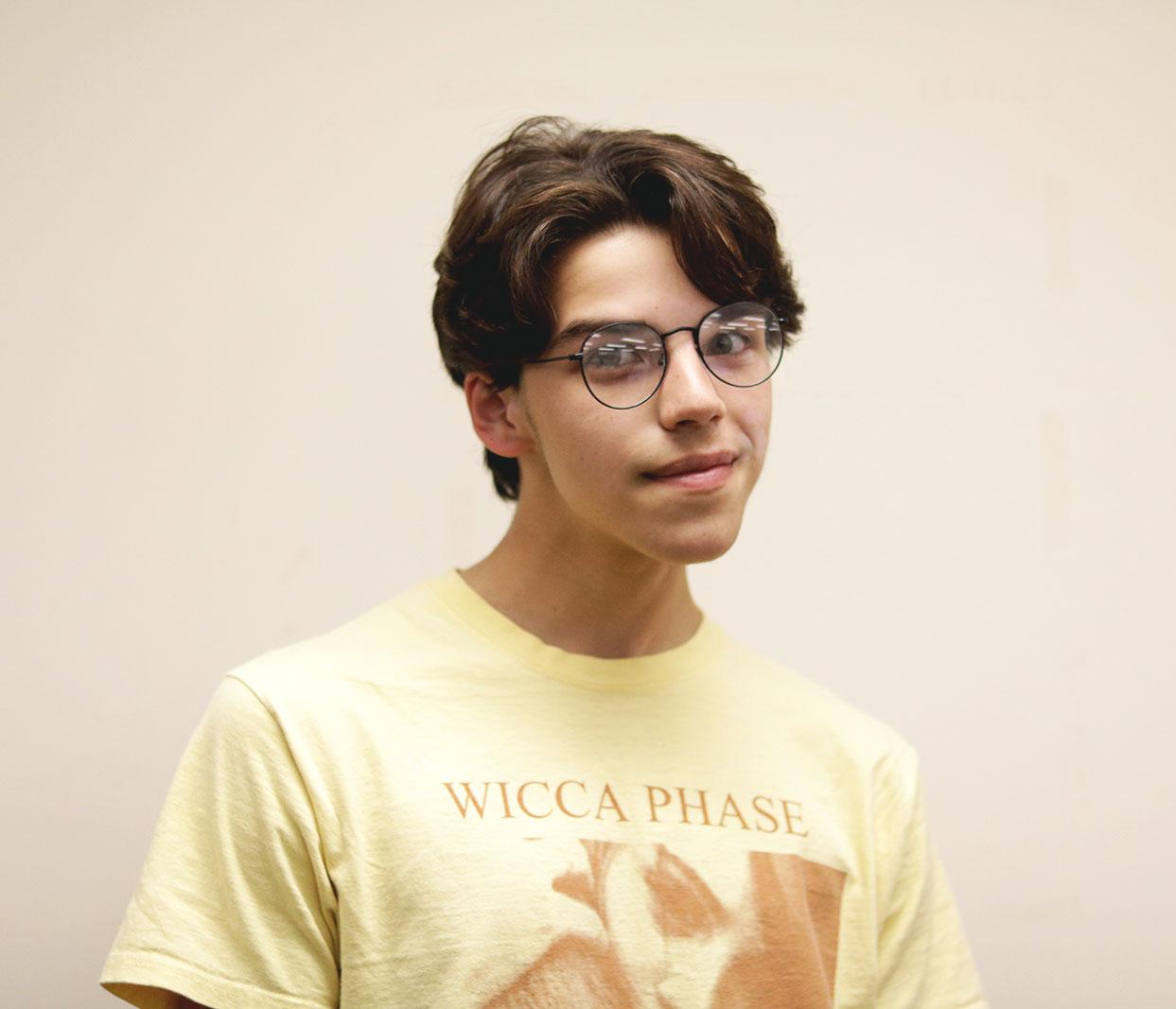We are currently at the apex of one of the most wonderful and exciting times of the year for avid followers of local politics: election night. This is a time full of action and passion from candidates and those who advocate for them.
In a such an engrossing political environment like Boston, it should come as no surprise that these feelings resonate throughout the city this time of year. All across the city, committees and advocacy groups are working hard to get the results they hope will lead to change in their districts.
But what about on Boston University’s campus? Surely, these candidates would like to capitalize on the city’s youth and to convey their message to people spending nine months a year living in the city.
Though plenty of signs decorate the streets of Commonwealth Avenue and Bay State Road, it seems as though the candidates have been putting BU near the bottom of their priority list during their campaigns.
Most likely, these candidates have either assumed most out-of-state students at BU don’t care about or vote in local elections or they believe they are simply taking a more strategic route in their campaign by focusing on the adult population.
If either of these factors are true, it would say a lot about the mindset of the typical Boston candidate. In my admittedly brief overview of this year’s local candidates, not many have even mentioned BU or other colleges.
This is justifiable to an extent. BU and the city of Boston are somewhat separate entities that see themselves divided by BU’s status as a private institution. But does that give these candidates the right to downplay this substantially large student body that could give them additional support?
Our student body has the potential to make up the future of Boston once our college days our over. Students are more inclined to stay here long-term if their impression of the city is positive.
Though this realization is valid, the councilors are not acting out of disregard. In fact, they may have a relatively sound argument for why they put BU low in their priorities.
The majority of our student body gives just as little, if not less, attention to local politicians as they do to us. Their signs may grace the streets throughout the year, but the average BU student does not know who these people are.
As saturated as this campus is in the current-day political landscape, not every student feels the need to engage themselves with politics — especially when considering the comparatively low level of influence local politics play in the media when compared to national stories.
A distinct dichotomy is created here: the student body’s level of awareness toward their local politicians gives way to those political figures responding with that same mindset. When confronted with this, it may seem fair to consider both sides justified in their respective lack of consideration.
There are no definitive answers to how much these candidates should focus their attention on our student body, nor are there any that would solve the pressing issue of students not paying enough attention to their local government.
What can be said, however, for those who feel the slightest bit engaged, is we would feel much more appreciated if these figures would at least attempt to further acknowledge the people who could make up a great amount of their voter base in the coming years.





















































































































